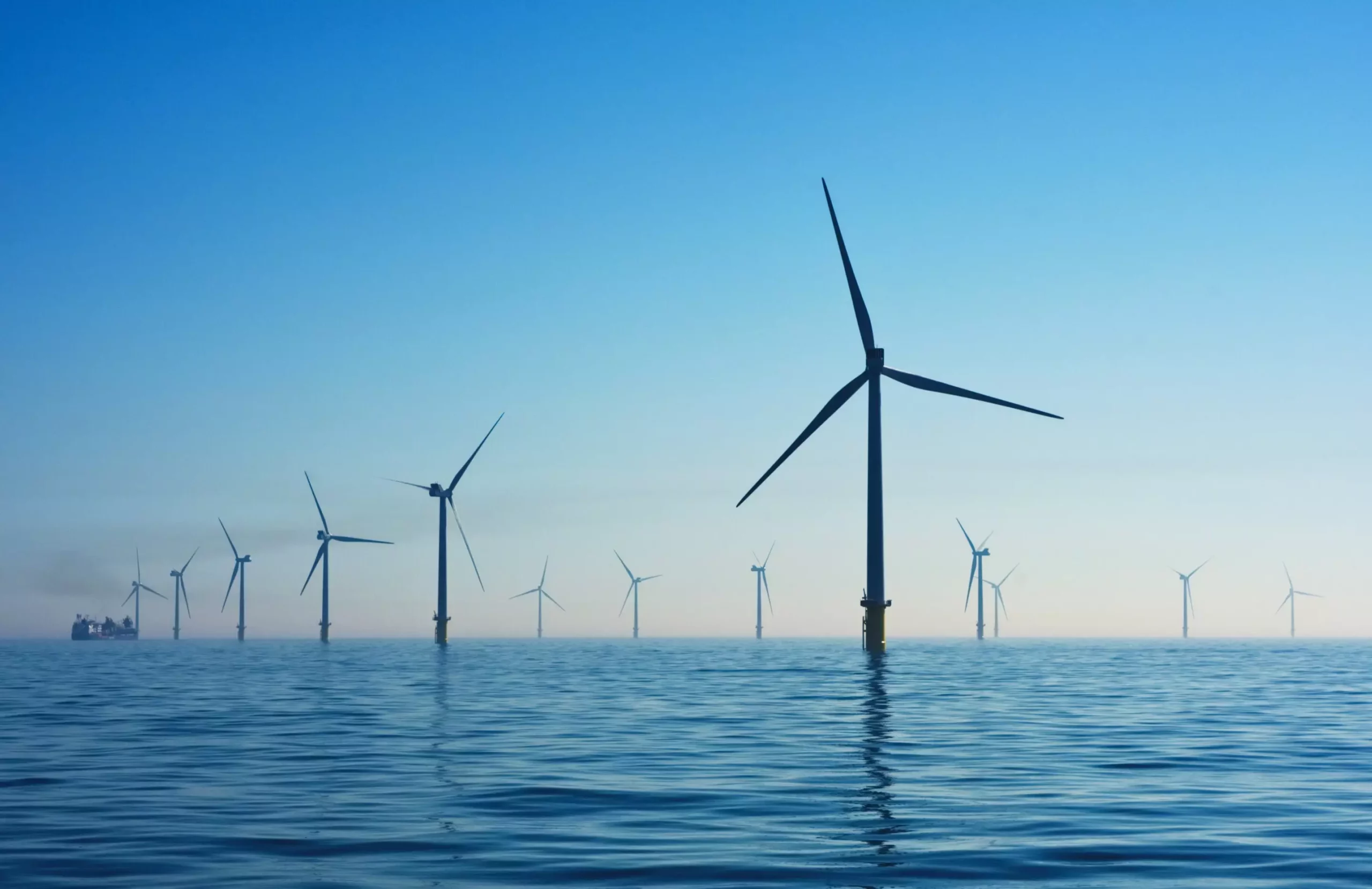Nantucket, a serene jewel off the coast of Massachusetts, has found itself amid a contentious debate regarding offshore wind energy development. As the world pushes towards renewable energy avenues, the impacts of such initiatives, particularly on vulnerable ecosystems, have come under scrutiny. The community group ACK For Whales has taken a bold step by challenging the federal government’s approach to approving wind projects. This article explores the implications of their petition to the Supreme Court, the potential consequences for the endangered North Atlantic right whale, and the broader context of environmental justice in energy projects.
In their petition, ACK For Whales appeals to the Supreme Court to reconsider a lower court’s ruling, which allowed federal agencies to fast-track the approval process for offshore wind turbines without adequately considering their impact on marine life. With the devastating incident of a Vineyard Wind turbine blade failure still fresh in residents’ minds, the urgency of this appeal reflects sentiments shared by many concerned residents. The organization bases its petition on the premise that the National Marine Fisheries Service (NMFS) and other federal agencies have disregarded the Endangered Species Act (ESA) by not taking into account the rich tapestry of marine life that thrives in the waters surrounding Nantucket.
While acknowledging the importance of green energy, residents argue that the pace of these developments should not come at the expense of environmental safeguards designed to protect endangered species like the North Atlantic right whale. The ESA stipulates that federal authorities must utilize the “best available scientific and commercial data” when making decisions that could impact endangered species. ACK For Whales posits that the federal government’s failure to adhere to this requirement not only jeopardizes an already vulnerable whale population but sets a troubling precedent for future environmental governance.
ACK For Whales’ case is significant as it stands to clarify the judiciary’s role in interpreting statutory requirements in light of the recent Supreme Court ruling in the Loper Bright case. This ruling bolsters judicial review over agency interpretations, suggesting that courts—and not merely federal agencies—should hold the authority to discern and apply legal standards. This shift marks a pivotal moment in environmental law, indicating that oversight may hold federal agencies accountable for their decision-making processes.
The plaintiffs argue that the First Circuit Court of Appeals inadequately addressed the ESA’s requirements by deferring too readily to agency interpretations. The deference shown by the court fuels concerns that federal entities may prioritize political momentum and expedience over ecological integrity. As Vallorie Oliver, President of ACK For Whales, asserts, sidelining scientific evidence in favor of rapid project implementation risks disaster both for marine ecosystems and for public trust in regulatory frameworks.
The ramifications of this offshore wind project extend beyond environmental facets; they resonate throughout Nantucket’s social fabric and economic vitality. Fishermen and residents have raised concerns regarding potential disruptions to local fisheries, which have longstanding cultural and economic significance for the island community. The dialogue surrounding wind energy should not merely consider the technological advancement of renewable sources but also weigh the socio-economic impacts on traditional livelihoods.
Moreover, the dynamics of the public’s relationship with governmental agencies come into question. The characterizations by federal representatives suggesting local stakeholders lack concern for marine conservation have only heightened tensions. Instead of fostering collaboration between communities, fishermen, and environmental groups, such statements risk alienating key players in discussions crucial for balancing renewable energy initiatives with ecosystem protection.
Nantucket’s offshore wind debate underscores a pivotal struggle for environmental justice, balancing the pressing need for renewable energy with the imperative of safeguarding endangered species and local livelihoods. ACK For Whales’ plea to the Supreme Court serves not only as a local action but reflects a broader call for ecological stewardship that transcends political and economic immediate interests.
As the winds of change blow towards renewable energy, they must be coupled with a steadfast commitment to preserving our natural world. The petition serves as a reminder for policymakers and agencies to adhere closely to scientific counsel when making decisions with profound ramifications on ecosystems. The outcome of this legal battle may well influence how future environmental policies are shaped and the extent to which public interests are considered in the face of ambitious energy projects. A compromise that respects both development and conservation may indeed be the most sustainable path forward.


Leave a Reply